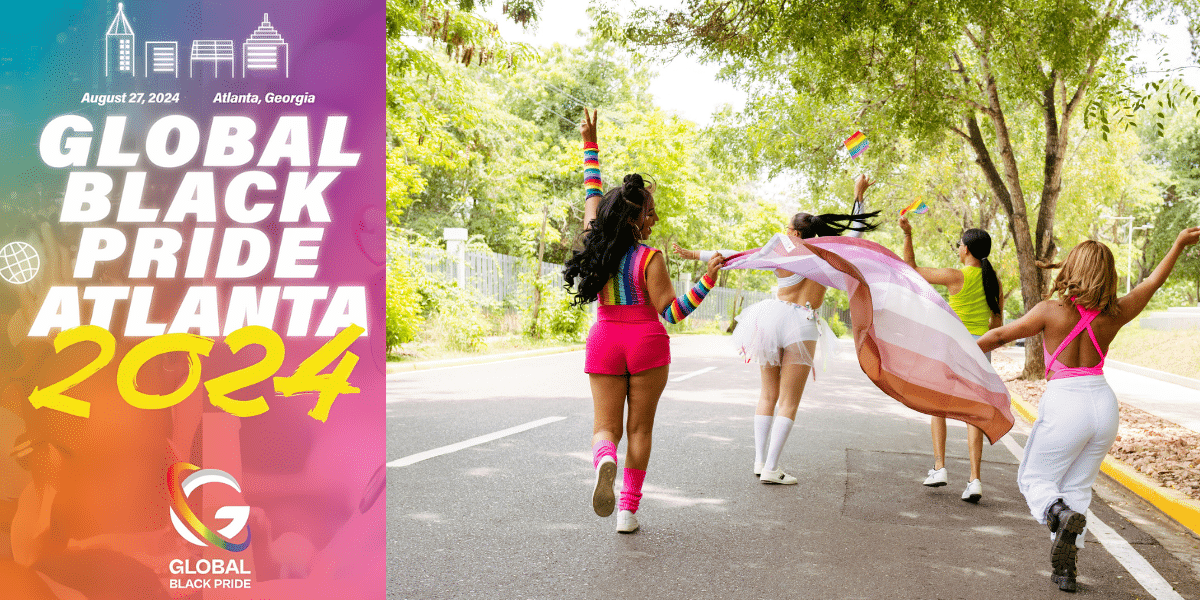By: Krishna Chaitanya Rao Kathala
Artificial Intelligence (AI) holds great promise to transform education in an era of rapid technological advancement. Leading a humanitarian AI initiative, Krishna Chaitanya Rao Kathala is a leader in the responsible development of AI. His goal is to shape AI’s potential to transform education by developing resources to support educators in implementing AI-enabled educational tools.
Based on empirical evidence from leading academic studies, Krishna Kathala’s work has uncovered six key findings through thorough research and teamwork that can direct the integration of AI into the classroom.
- Personalized Learning: By adapting instructional content and pacing to each student’s individual needs and skills, AI-powered adaptive learning platforms can create a more effective and engaging learning environment. Das et al.’s study from 2023 revealed that students in the experimental group receiving AI-driven personalized learning interventions and using personalized AI-driven learning systems significantly improved their post-assessment scores (72.8 ± 7.3) compared to pre-assessment scores (60.4 ± 7.1) with a large effect size (Cohen’s d = 2.70), while the control group saw smaller gains (from 59.3 ± 6.5 to 64.7 ± 7.4) with a small effect size (Cohen’s d = 0.44). The significance of these improvements was verified by statistical analysis (t = 11.87, p < 0.001).
- Enhanced Accessibility: AI-driven solutions that offer specialized support, language translation, and accessible interfaces can help ensure inclusive education for students with a range of learning needs. According to Zdravkova et al. (2022), students with disabilities became more involved and engaged in online learning environments when AI-powered accessibility features were implemented.
- Intelligent Tutoring: By enabling students to learn at their own pace and providing individualized, one-on-one guidance, AI-based tutoring systems can support teachers and boost academic achievement. When compared to traditional classroom instruction, AI-powered intelligent tutoring systems can improve student learning outcomes by 0.76 standard deviation, according to a meta-analysis conducted by VanLehn (2011).
- Streamlined Assessments: By analyzing student data, AI algorithms can detect learning gaps, offer real-time feedback, and optimize assessment strategies. This empowers teachers to improve their teaching methods and make data-driven decisions. According to Blikstein and Worsley (2016), using AI-driven assessment tools reduced the amount of time teachers needed to give each student individualized feedback.
- Collaborative Learning: Peer-to-peer learning can be facilitated by AI-powered collaborative platforms, giving students the opportunity to interact with one another in lively and stimulating settings, share knowledge, and learn from one another. According to a study by Scardamalia and Bereiter (2006), students can develop their critical thinking and knowledge-building abilities to greater heights in collaborative learning environments with AI support.
- Continuous Improvement: AI systems can assist educators in improving their teaching strategies, identifying best practices, and modifying curricula to meet the changing needs of students by continuously analyzing student data and feedback. According to Kulik and Fletcher (2016), 92% of controlled evaluations showed that students utilizing Intelligent Tutoring Systems (ITSs) outperformed those in traditional settings. ITSs have been found to be highly effective. With a moderate-to-large median effect size of 0.66, ITSs outperformed traditional and human tutoring in terms of effectiveness. They also performed well in a variety of international contexts and educational settings.
Krishna’s humanitarian AI project seeks to enable educators to develop easily accessible, inclusive, and personalized instructional resources in order to shape a future in which technology enhances human potential and helps learners all over the world achieve their educational goals. Krishna’s work is positioned to revolutionize education by utilizing AI for the greater good and offering a guide for the ethical and responsible integration of AI in the classroom.
Author’s Bio:
Krishna Chaitanya Rao Kathala is a distinguished Ph.D. candidate at the University of Massachusetts Amherst, specializing in Data Science, Analytics, Machine Learning, and AI. With over eight years of experience, he has co-authored two books, secured more than five international patents, and authored over eight research papers. Krishna is recognized for his contributions to Generative AI, Ethics, and Safe AI and has spoken at prestigious forums, including the United Nations and UNESCO – Talents AI Foundation. He holds leadership roles and is committed to mentoring under-represented students in STEM.
References:
Blikstein, P., & Worsley, M. (2016). Multimodal Learning Analytics and Education Data Mining: using computational technologies to measure complex learning tasks. Journal of Learning Analytics, 3(2), 220-238. https://doi.org/10.18608/jla.2016.32.11
Kulik, J. A., & Fletcher, J. D. (2016). Effectiveness of intelligent tutoring systems: a meta-analytic review. Review of Educational Research, 86(1), 42-78.
Kulik, J. A., & Fletcher, J. D. (2016). Effectiveness of Intelligent Tutoring Systems: A Meta-Analytic Review. Review of Educational Research, 86(1), 42-78. https://doi.org/10.3102/0034654315581420
Das, Amit & Malaviya, Sanjeev & Singh, Manpreet. (2023). The Impact of AI-Driven Personalization on Learners’ Performance. International Journal of Computer Sciences and Engineering. 11. 15-22. 10.26438/ijcse/v11i8.1522.
Scardamalia, M., & Bereiter, C. (2006). Knowledge Building: Theory, Pedagogy, and Technology. In R. K. Sawyer (Ed.), The Cambridge handbook of: The learning sciences (pp. 97–115). Cambridge University Press.
Zdravkova, K., Krasniqi, V., Dalipi, F., & Ferati, M. (2022). Cutting-edge communication and learning assistive technologies for disabled children: An artificial intelligence perspective. Frontiers in Artificial Intelligence, 5. https://doi.org/10.3389/frai.2022.970430
VanLehn, K. (2011). The relative effectiveness of human tutoring, intelligent tutoring systems, and other tutoring systems. Educational Psychologist, 46(4), 197-221.
VanLehn, K. (2011). The relative effectiveness of human tutoring, intelligent tutoring systems, and other tutoring systems. Educational Psychologist, 46(4), 197–221. https://doi.org/10.1080/00461520.2011.611369
Published By: Aize Perez









